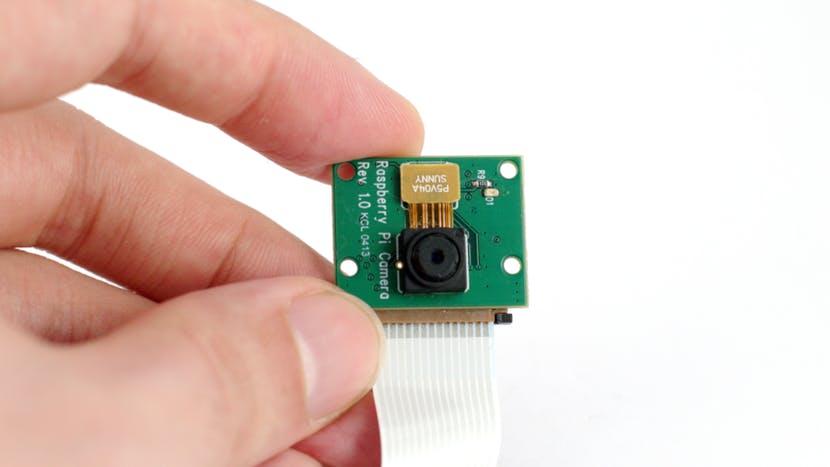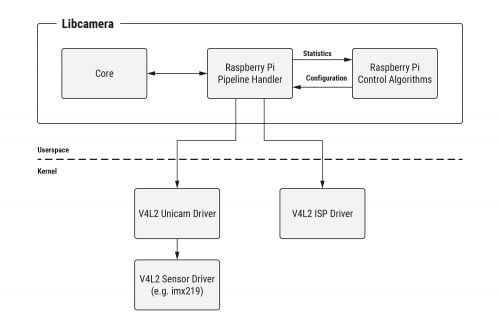Raspberry Pi’s new open source stack camera based on Libcamera
The open source camera stack offers Video for Linux 2 (V4L2) drivers for the Raspberry Pi Camera Module v1 and v2 – based on the Omnivision OV5647 and Sony IMX219 sensor modules.

After the big release of the Raspberry pi high quality camera module, Raspberry pi is back with another release. Recently Raspberry Pi announced an open source camera stack that is intended to replace the previously heavily-proprietary GPU-driven version.
Back in 2013 when Raspberry pi first launched their camera module, they were criticized by users for wanting easier access to the internals of the camera system and also the capability to attach the camera sensors to their own Raspberry Pi board. Keeping this in mind they are now launching a new open source camera stack.
"We’ve had the building blocks for connecting other sensors and providing lower-level access to the image processing for a while, but Linux has been missing a convenient way for applications to take advantage of this," says engineer David Plowman of the Raspberry Pi Foundation's work. "In late 2018 a group of Linux developers started a project called libcamera to address that. We’ve been working with them since then, and we’re pleased now to announce a camera stack that operates within this new framework.
We’ve supplied a Pipeline Handler that glues together our drivers and control algorithms, and presents them to libcamera with the API it expects."
The open source camera stack offers Video for Linux 2 (V4L2) drivers for the Raspberry Pi Camera Module v1 and v2 - based on the Omnivision OV5647 and Sony IMX219 sensor modules respectively — but not the recently-released Raspberry Pi High Quality Camera Module, atleast not yet. The camera stack also includes control algorithms for features including automatic exposure control and white balance.
To learn more visit the Raspberry Pi Foundation site.
Source: Raspberry Pi Blog








